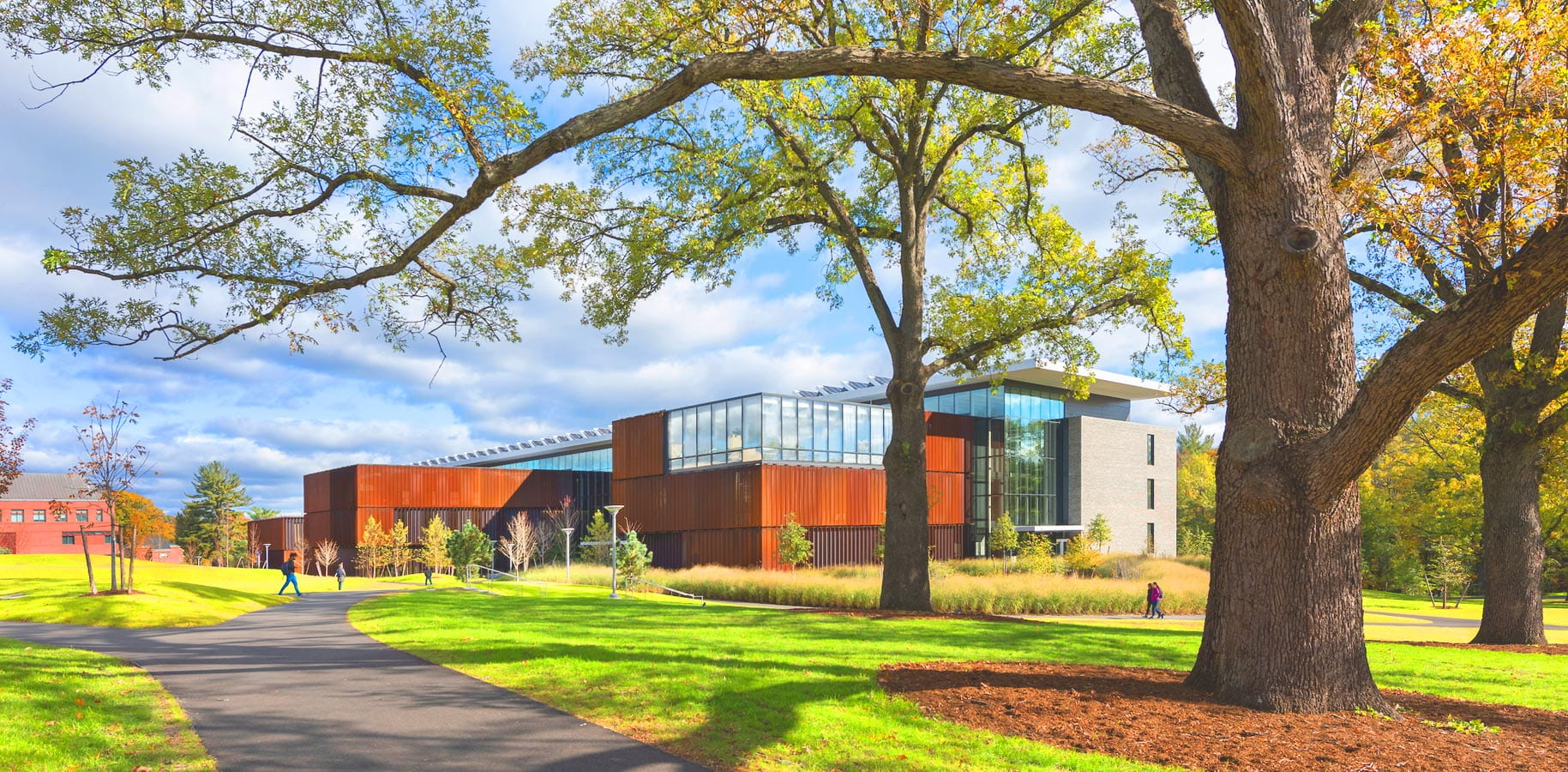Named in honor of Professor McGeoch, who passed away in 2019, the ,,McGeoch Fellows assist the computer science department by holding TA hours, grading assignments, and serving as a support system for other students. This month, I caught up with Lesley Zhang ‘21, Jessica Yu ‘22, Maggie Drew ‘22, and Conrad Kuklinsky ‘21. Zhang works with Prof. Spector for Machine Learning, Yu with Prof. Rosenbaum for Intro II, Drew with Prof. Riondato for Intro I, and Kuklinsky with Prof. Gardner for Algorithms.
What’s your favorite part about being a McGeoch Fellow?
Zhang: I love seeing how each student improves over time: from struggling to grasp the concept in class, then coming to my office hours with a lot of questions, to seeing their final submitted assignment.
Yu: I love watching students go through the process of solving a lab. It is so satisfying seeing them finally have that “ohhhh” moment when they finally understand how all the pieces of the puzzle fit together. I try my best to help students reach that moment.
How did you navigate to online learning? Do you use any cool software/apps, or do you keep it “old school”?
Yu: I had a relatively smooth transition since I used to spend all my time on my laptop anyway, but having classes online definitely made me rethink my organizational system. I reorganized my bookmarks toolbar with separate folders of links for each of my classes, and I bought an ,,iPad to take notes with! I also bought blue light glasses to combat screen time fatigue.
Drew: For me, switching to online learning last spring initially felt really jarring. Since then, I’ve been able to settle into a good routine. I’m a huge fan of taking notes by hand, and I continue to do so. I recently switched to Google Calendar, which I like because I can easily sync events with Zoom links and send calendar invites. I also use a good pair of earbuds, and moved my desk in front of the window so I can look outside while I study.
Any advice for those curious about computer science or STEM?
Yu: You don’t have to have a certain kind of “brain.” Hard work and passion are the key ingredients to being successful. The problem solving and creativity you develop in CS are immensely valuable. If you have the chance, try taking at least one course with our amazing professors!
Kuklinsky: Take Intro! While I expect it to be challenging for many students, particularly those not normally in STEM disciplines, it both provides students with a very useful framework for breaking down problems and it challenges students to think more precisely when reasoning and problem-solving. And, of course, students can learn to utilize the power of their computers to perform useful computations.
Can you tell us something that’s been keeping you sane?
Drew: I’m studying remotely near a small state park, and the first thing I do every morning is walk on the trails. While on my walk, I try to mentally map out my day, listen to a short podcast, or meditate.
Meanwhile, Zhang recommended Notion, an online workspace (free for students–use your Amherst email!), and Kuklinsky mentioned that he has been getting some fresh air outside and exercising regularly. Try incorporating these tools and activities into your daily routine!
Just like the Amherst STEM Network, the McGeoch Fellows believe that everyone can enjoy STEM. If you’ve been on the fence about taking a computer science course, they are here to support you on your journey!
